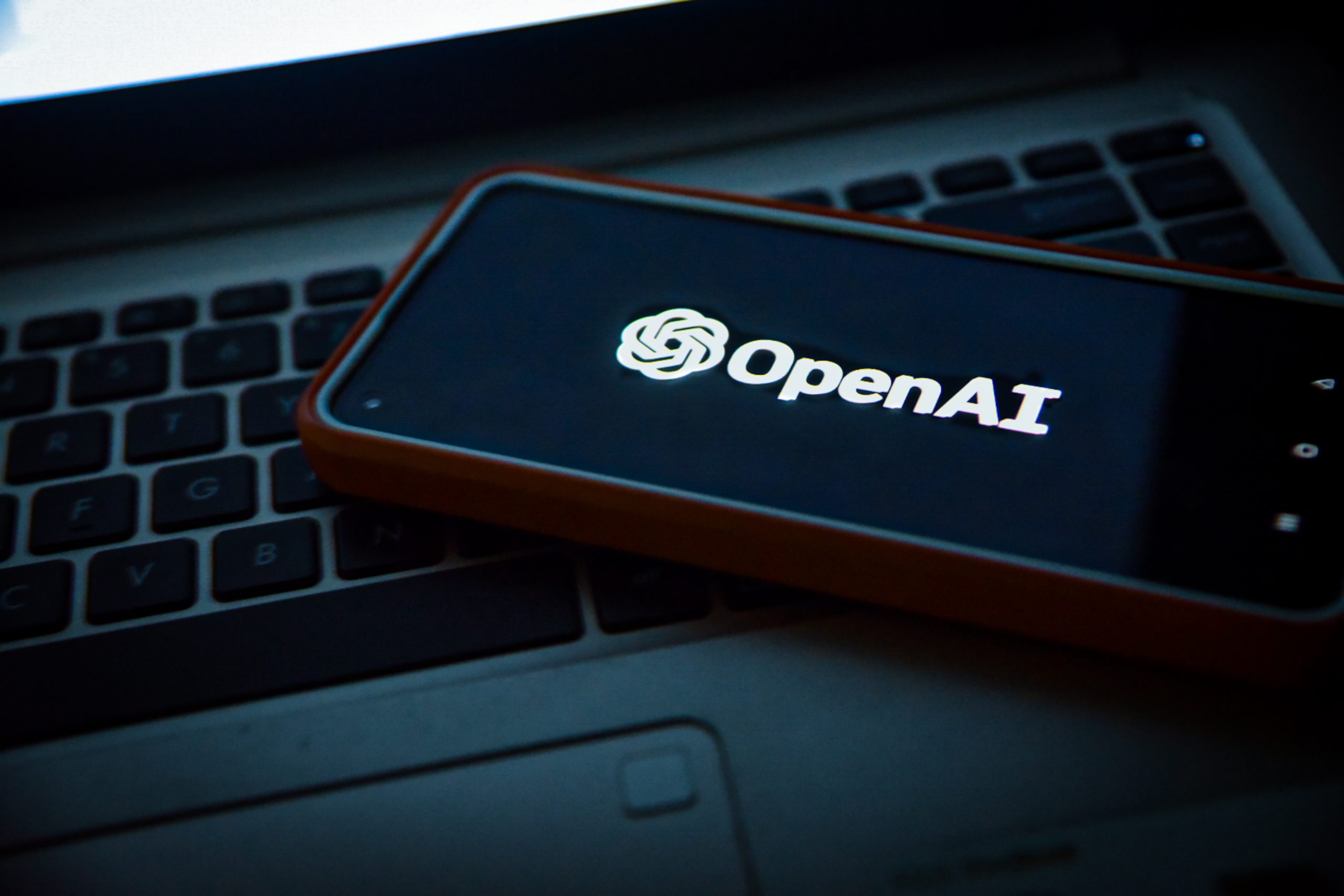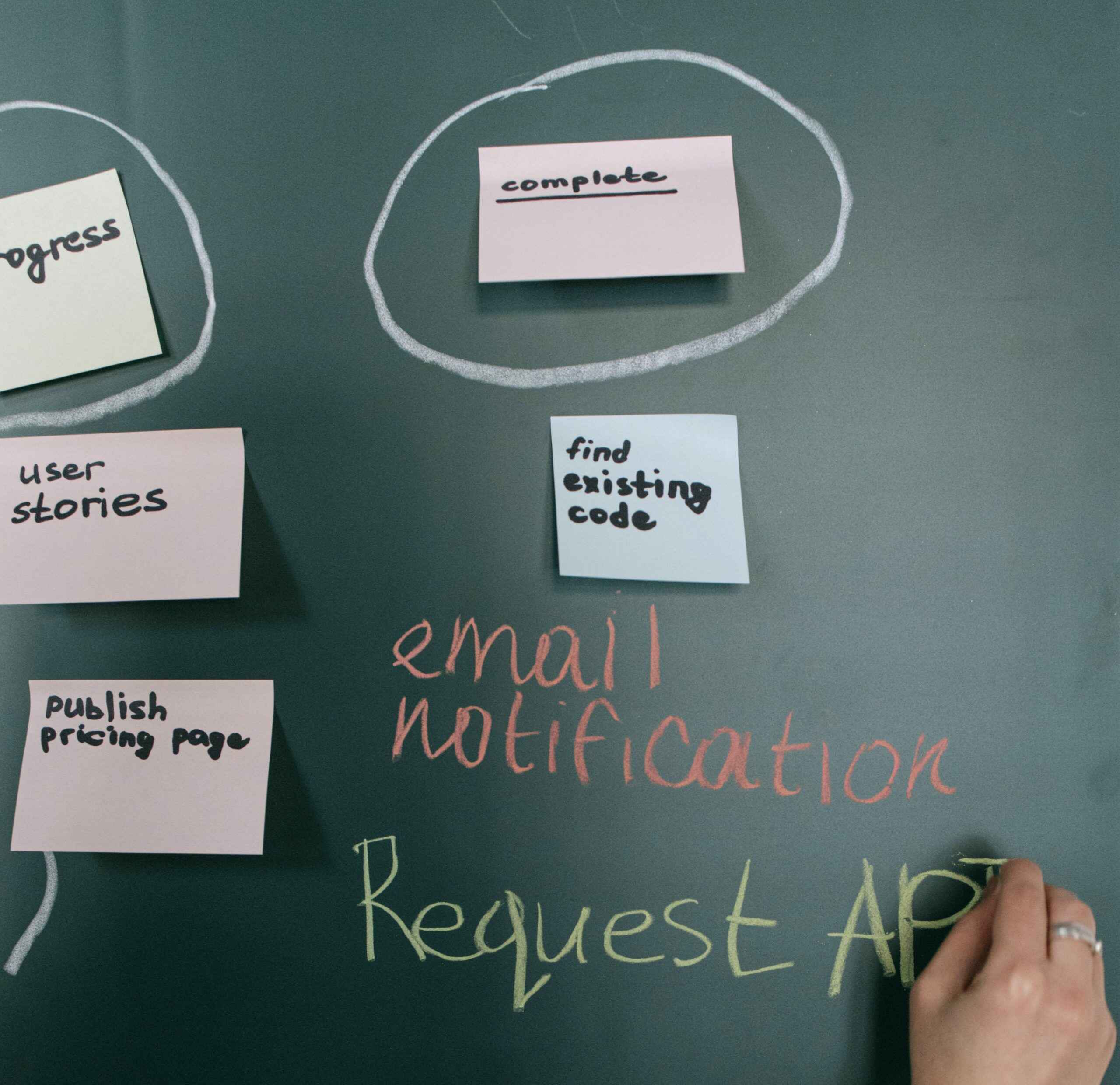Discovering how to integrate OpenAI API into your app for recommendation engines can unlock the potential of providing personalized experiences that users crave. The process is straightforward and involves implementing APIs within your application which use advanced technology such as AI and machine learning algorithms in order to identify what customers are looking for before they even search it themselves.
As experts in integrating the OpenAI API into clients` applications, WeSoftYou wants to share the expertise and give recommendations for OpenAI integration. As a company experienced in implementing advanced technologies, including AI and machine learning, WSU understands the importance of personalized experiences for users. Get ready to unlock the full potential of recommendation engines!
Understanding Recommendation Engines and OpenAI API
The use of recommendation engines, powered by algorithms that take into account user preferences and behaviors as well as interactions with other users to produce tailored content, is what makes it possible for companies such as Google, Amazon or Netflix to deliver personalized experiences. This customization enhances the degree of engagement between the business owner and customers thus increasing brand loyalty while also driving more sales opportunities. Improved customer involvement ensures a positive outcome in terms of increased satisfaction towards these platforms. Strengthens their relationship, leading eventually to better outcomes all around.
What are Recommendation Engines?
To create a successful recommendation engine, businesses must integrate powerful algorithms based on machine learning into their mobile apps. These algorithms sift through data to spot patterns and preferences that will improve user engagement while also delivering business value by increasing customer loyalty and driving sales. Combining collaborative filtering models (which rely on user behavior) with content-based filters (that focus more on the characteristics of each item), organizations can build hybrid recommendation systems, tailored to various users’ needs in order to remain agile. Personalized recommendations enable customers to discover new products or services – making an effective suggestion system essential for success in today’s competitive environment.
Introduction to OpenAI API
OpenAI’s API is a sophisticated machine learning system that can drastically enhance your recommendation engine with the latest AI models and solutions. OpenAI, which strives to create secure and beneficial Artificial Intelligence (AI), provides access to advanced deep learning tools as well as ensures safety when it comes to data protection and user confidentiality.
The technology has been developed in such an effective way that integration of data involving this platform into existing structures becomes simpler for developers. They can quickly add state-of-the-art recommendations through AI right away. It also grants users access to numerous powerful components within its structure too.
Prerequisites for Implementing OpenAI API in Your App

To make use of OpenAI API for your recommendation engine, you must first obtain access to the API and gain proficiency in operating its machine learning models. With that knowledge under your belt, you will be able to fully harness the power of this resource for achieving a successful outcome with your project.
API Key and Access
To get started with integrating OpenAI’s API to your app, you’ll first need an exclusive identifier given by the provider, which is called an API key. Sign up for OpenAI and submit necessary details to acquire one. Make sure that when sending it over a network connection, keep this code safe and encrypt it in order to maintain its security in all cases. It would be best if stored in a secure location as well for maximum safety of the information provided.
Required Technical Skills
By accessing the OpenAI API, you can take advantage of its powerful recommendation engine to make better decisions and enhance customer experience. You will need proficient programming knowledge such as Python, JavaScript, Java to utilize this tool effectively. Having a deep understanding of machine learning concepts together with natural language processing fundamentals are advantageous for unlocking greater potentials from using the API in order to create personalized content and automate tasks. With these capabilities combined into one easy-to-use platform – your users won’t be disappointed!
Integrating OpenAI API with Your App

Now that the prerequisites are in place, we can move on to integrating OpenAI’s API with your app so as to develop a potent recommendation engine. By following this step-by-step process, you will be able to create an effective solution for your needs.
Setting Up the Development Environment
Once you have the API keys from your OpenAI dashboard, and the OpenAI package installed using pip, it’s time to integrate this into your app. You’ll be able to quickly set up a development environment for working with the OpenAI API.
With everything ready in place, integrating is straightforward – giving you all of the tools required for seamless use within your application.
Connecting to OpenAI API
In order to utilize the OpenAI API for your recommendation engine, you need to authenticate users, discover your app using an API key and make requests from the related endpoint. Your generated key allows you access to multiple OpenAI models that are able to be incorporated with yours in order to increase its capabilities.
Customizing the Recommendation Engine
When it comes to recommendation engines, a one-size-fits-all approach simply won’t do as each app requires unique specifications and an intended audience. Using OpenAI API’s GPT-3, DALL-E, or CLIP tools allows the engine to be tailored in order to meet its purpose of delivering highly relevant results that are pertinent to your application. Besides these customization options from OpenAI’s arsenal of resources. Putting together business rules while simultaneously diversifying product displays and filtering recommendations according to availability or custom tags can be difficult. Fine tune personalization techniques applied by users thus guaranteeing customer satisfaction which equals high value generated for your business as well.
Enhancing Recommendation Engines with Natural Language Processing (NLP)
NLP is a technology that can take your recommendation engine to the next level. By decoding and interpreting human language, NLP enables better-targeted recommendations, which in turn makes your application more useful and engaging. Natural Language Processing contributes significantly towards improved relevance of the suggestions provided by the recommendation engine for users of an app.
Understanding NLP and Its Benefits
NLP is a discipline that helps computers to interpret, create and adjust human language. By integrating NLP into your recommendation engine, you will get more specific results and have the ability of personalizing recommendations according to users’ preferences.
It can also examine user’s input, see patterns in their behavior as well as inclinations in such a way for better selection with respect to individual desires.
Integrating NLP with OpenAI API
The OpenAI API can be utilized to add natural language processing features into your recommendation engine, ensuring the system is more advanced and better meets user expectations. To achieve this, choose appropriate models from the OpenAI library while adjusting parameters for specific API endpoints. Then access these resources in order to integrate NLP capabilities within your model’s architecture. This makes it easier to generate a precise outcome that takes into account individual users needs and interests – thereby providing them with relevant content based on their intent. With careful consideration and selection of parameters and suitable models available through OpenAI’s framework, you will have an optimized method for delivering tailored results that really satisfies each person who uses your product or service./p>
Use Cases
Recommendation engines that are enhanced with Natural Language Processing (NLP) have seen use in many areas, such as healthcare, finance and customer service. By applying NLP models to clinical data or stock market analytics in the financial sphere, for example, businesses can receive more specific recommendations tailored for each user’s preferences, which leads to an increase in engagement levels from customers.
Businesses now enjoy a competitive advantage by utilizing recommendation engines based on NLP technology. They will be able to recognize what their users want and suggest suitable services while creating personalized experiences driving them closer to reaching their goals. User engagement is paramount, and products and services must continue to be suggested according to users based individual needs if firms wish to make meaningful strides within industry boundaries.
Monitoring and Improving Your Recommendation Engine’s Performance

It is essential to ensure the sustained success of your recommendation engine by routinely keeping tabs on its performance, scrutinizing user feedback and data for insights, carrying out A/B testing initiatives and iteratively enhancing it. By monitoring critical metrics while also accounting for what users have to say about it, you can gain a competitive edge in optimizing the experience provided so that users get only the best from the content based filtering your engine.
Tracking Key Metrics
To determine the efficiency of a recommendation engine algorithm, various metrics are used such as MAP@K and predictive accuracy measurements. Aside from this, it is also necessary to consider non-accuracy criteria like diversity, coverage and serendipity when making data-driven decisions for improved capabilities.
By monitoring these important indicators through behavioral data analysis, one can identify areas that require improvement using collected information which plays an essential role in optimizing performance.
Analyzing User Feedback
User feedback provides a crucial opportunity to evaluate the performance of one’s recommendation engine. By collecting and studying user feedback, it is possible to make suitable changes and generate recommendations that suit users’ interests better. Thereby allowing them access content more in line with what they’re looking for.
This ongoing process allows you to stay on top of user expectations as well as maintain an agile system which continuously responds to similar users in accordance with their preferences, desires and needs.
A/B Testing and Iterative Improvements
A/B testing is an effective method for comparing two different versions of your recommendation engine and evaluating which one works best. By dividing users into separate groups, each group can be presented with a particular variation in order to record data on its performance. Through these gathered facts, decisions are made to optimize the functionality of the recommendation system as required. When user feedback and metrics linked to achievement are combined iteratively – A/B tests allow you to keep refining your recommendation engine so that it provides only relevant content tailored to individual users’ needs.
Implementing OpenAI API in Your App with WeSoftYou

WeSoftYou, a pioneering company in the field of AI technology, has successfully implemented the OpenAI API for recommendation engines, as exemplified by their revolutionary service, Radius.ai. Developed with a focus on enhancing visitor experiences in various public spaces like hospitals, clinics, and other establishments, Radius.ai leverages WeSoftYou’s patented Viztel™ AI technology to transform existing vision-capturing devices into a continuous stream of valuable, real-time, and actionable data.
Embracing this advanced technology in collaboration with WeSoftYou offers an exceptional opportunity for businesses to attain greater success through improved efficiency and the development of higher quality applications. The integration of OpenAI API into Radius.ai has significantly elevated the overall performance, enabling the delivery of personalized recommendations and enhancing the overall user experience.
FAQ
Signing up for OpenAI is simple. All you need to do is create an account, get your API key and select the best fit API for your application, then begin making requests and see how it works in practice. The whole process won’t take long at all!
Once that’s done, just test out integration with OpenAI. It shouldn’t be a problem now as everything has been set up correctly according to what we’ve discussed above. That way you will have no difficulties integrating this technology into whatever project or product of yours might require it down the line!
OpenAI API can be used at no cost! As a bonus, you’ll get $5 USD worth of free credit which is valid for three months. After that period has elapsed, billing information will need to be provided in order to keep utilizing the service.
Developers can harness the OpenAI API to craft applications that use natural language comprehension and generation, for instance voice-driven assistants and chatbots. They are able to manipulate images or convert speech into text using this powerful tool.
The OpenAI API offers developers access to the various capabilities of ChatGPT, and is structured on a pricing model that is based upon which specific model will be utilized. The API can help with tasks like natural language understanding, image processing and altering as well as speech-to-text conversion. By leveraging this platform, users have the chance to take advantage of all these great features without sacrificing much in terms of cost or availability, offering an invaluable resource for anyone looking into such services!
Integrating OpenAI API with a recommendation engine gives users more accurate, tailored and pertinent results which leads to improved and increased user engagement and satisfaction as well as increased profitability for businesses. Through this combination of technology and services, companies can gain insights into their customers’ requirements in order to deliver personalized goods or services that are likely to bring higher customer loyalty rates and an elevated level of engagement. This is all achieved through providing more suitable content based on the specific needs of each individual user.





















